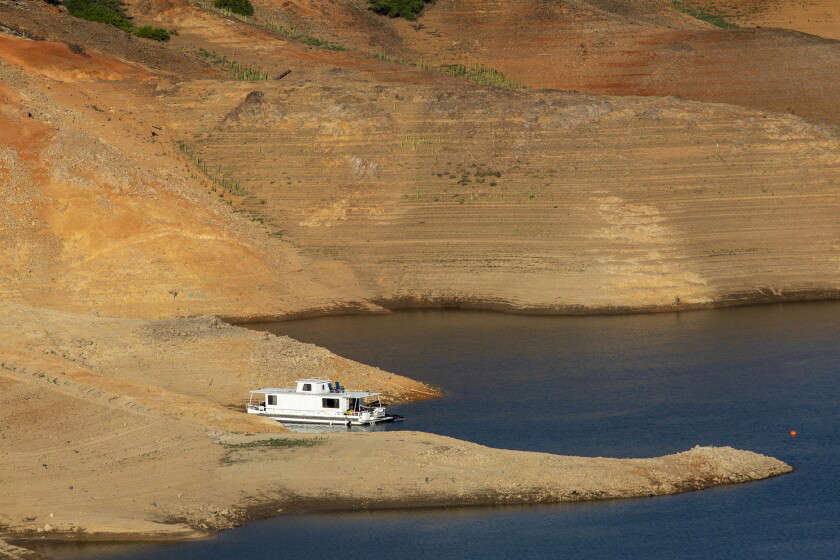
Important Takeaways:
- Floods linked to San Andreas quakes
- Historical record underscores connections between reservoirs and seismic activity.
- Geophysicists have linked historical earthquakes on the southern section of California’s famed San Andreas fault to ancient floods from the nearby Colorado River.
- The work has broad implications for understanding how floods or reservoirs relate to quakes — a topic that gained new relevance in 2008, after a massive earthquake in China’s Sichuan province killed more than 80,000 people. Some geologists have proposed that impounding water behind a newly built dam there helped hasten the quake.
- Now, new work in southern California suggests that at least three times in the past 2,000 years, the weight of river water spreading across floodplains seems to have helped trigger earthquakes in the region.
- The team subsequently analyzed data from 20-metre-deep cores pulled from the lake bed in 2003 during earlier work for the US Bureau of Reclamation. The cores showed layers of coarse sandy material laid down during floods — at the same time that seismic activity was known to have occurred.
- “We found quakes happened about every 100 to 200 years and were correlated with floods,” says Brothers. “The Colorado River spills, loads the crust and then there is a rupture.” He says the team is “very confident” in its evidence for the existence of three flood-derived quakes, of roughly magnitude 6, which happened about 600 years ago, 1,100 years ago and 1,200–1,900 years ago. “Sediments don’t lie,” he says.
- A quake of about magnitude 7 struck the southern San Andreas fault about 300 years ago; the next is a century overdue. One possible reason is the Hoover Dam: since its completion in 1936, the lower Colorado no longer floods.
Read the original article by clicking here.








